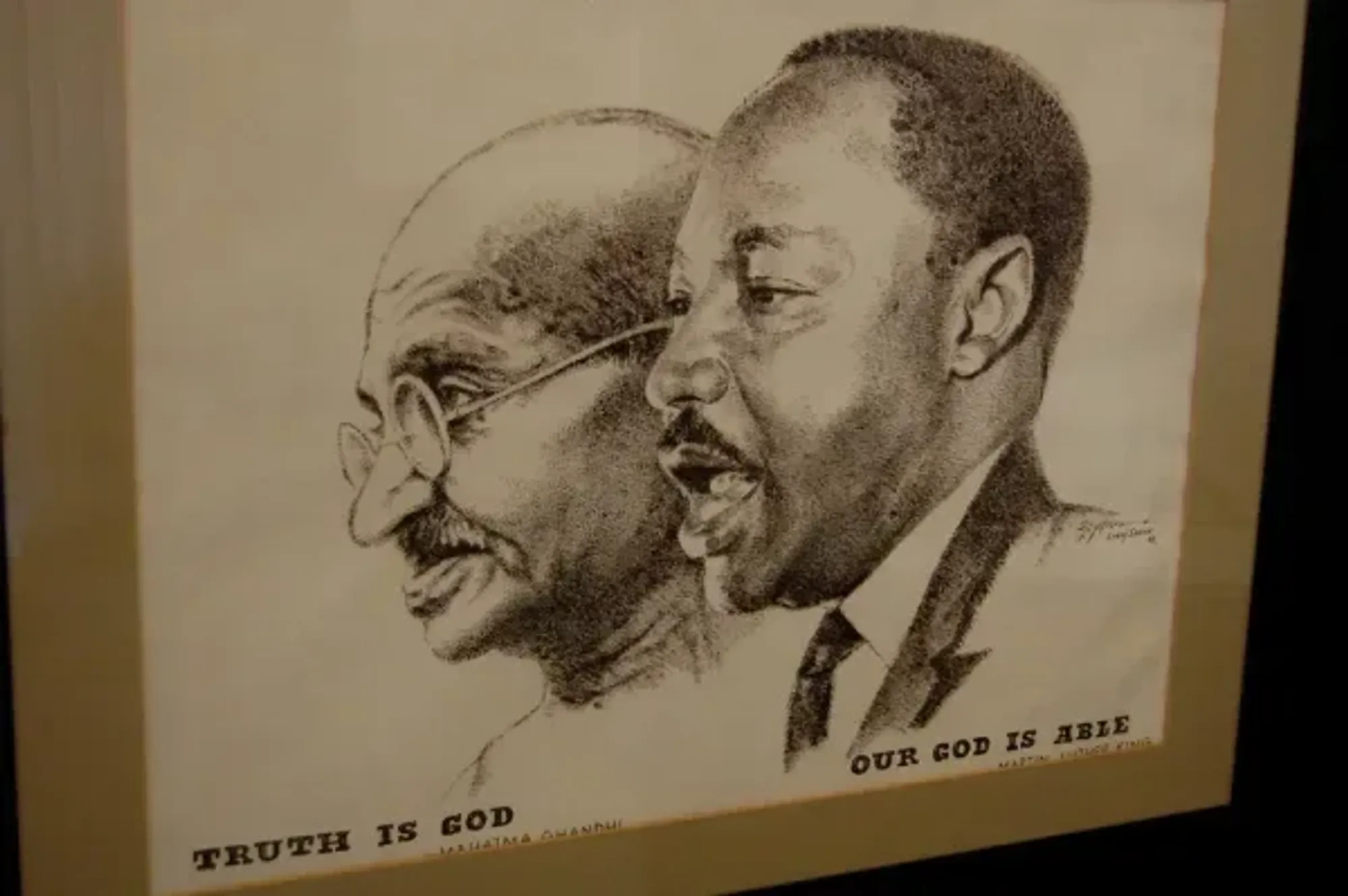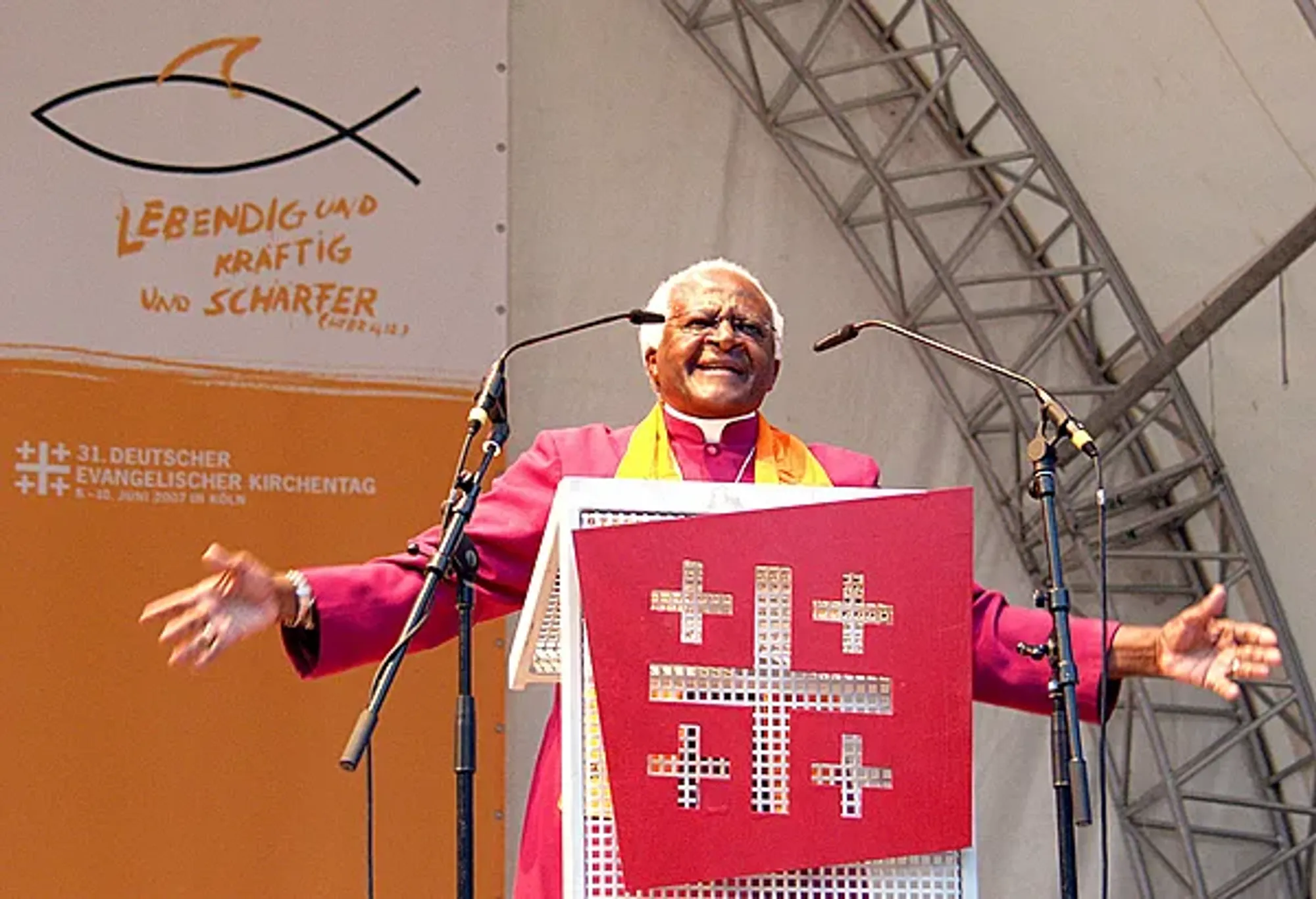Being upstanders, not bystanders
By Mrs Louise Wallace-Richards, Acting Deputy Principal, Head of Secondary School
Our College values of Truth, Compassion and Wisdom are never more important than when our student body is making decisions about how to act in the face of peer pressure. Recently the Year 10 students were fortunate to have a presentation from the Courage to Care organisation and were asked to consider the role of the bystander in history. The intention of the presentation, beyond expanding the students' understanding of the bystander in world history events, was to get them to think about whether they can reduce the suffering of those in their lives through their actions.
Many outstanding leaders in the tumultuous twentieth century made statements about the need for us all to stand up against oppressors.

“In the end, we will remember not the words of our enemies but the silence of our friends.” – American civil rights fighter Dr Martin Luther King Jr.
“Silence becomes cowardice when occasion demands speaking out the whole truth and acting accordingly.” – Indian Independence leader Mahatma Gandhi
“If you are neutral in situations of injustice, you have chosen the side of the oppressor. If an elephant has its foot on the tail of a mouse and you say that you are neutral, the mouse will not appreciate your neutrality.” – South African Anglican Archbishop, anti-apartheid activist and Nobel Prize winner for Peace, Desmond Tutu.
These leaders did not stand by and just accept the injustices they were witnessing, but were instrumental in leading to enormous changes in their respective areas of fighting against discrimination.

When taught about these individuals in our humanities and English classes, students certainly get a strong sense of their commitment and bravery, the strategies they used to achieve change, and the language they used in their speeches to tell their stories and convey their compelling arguments for change.
Transferring learning from one context to another has been scientifically proven to be difficult. Repetition is key to develop muscle memory for learning, and fights against transferring this learning to different situations. This might be why the teachings of such powerful historical figures is not transferred when our children find themselves bystanders to the discriminatory behaviour of others. We all know that it is very hard to speak up in the face of discrimination when it appears others are unwilling to because they are afraid of being the next victim. How do we teach our children to not be bystanders but to make a stand when they witness injustice?
Raising our children to be people who respect others and contribute positively to society, is key. Talk to them about what it means to be a bystander, and the impact of just standing back and going along with what others say. Encouraging them to be upstanders is key to helping them to understand why it is important to stand up to injustice, wherever it occurs.
The American author of the Pulitzer Prize winning novel, The Color Purple, Alice Walker, encourages us all to have the courage to stand up to injustice: “The most common way people give up their power is by thinking they don’t have any.”
